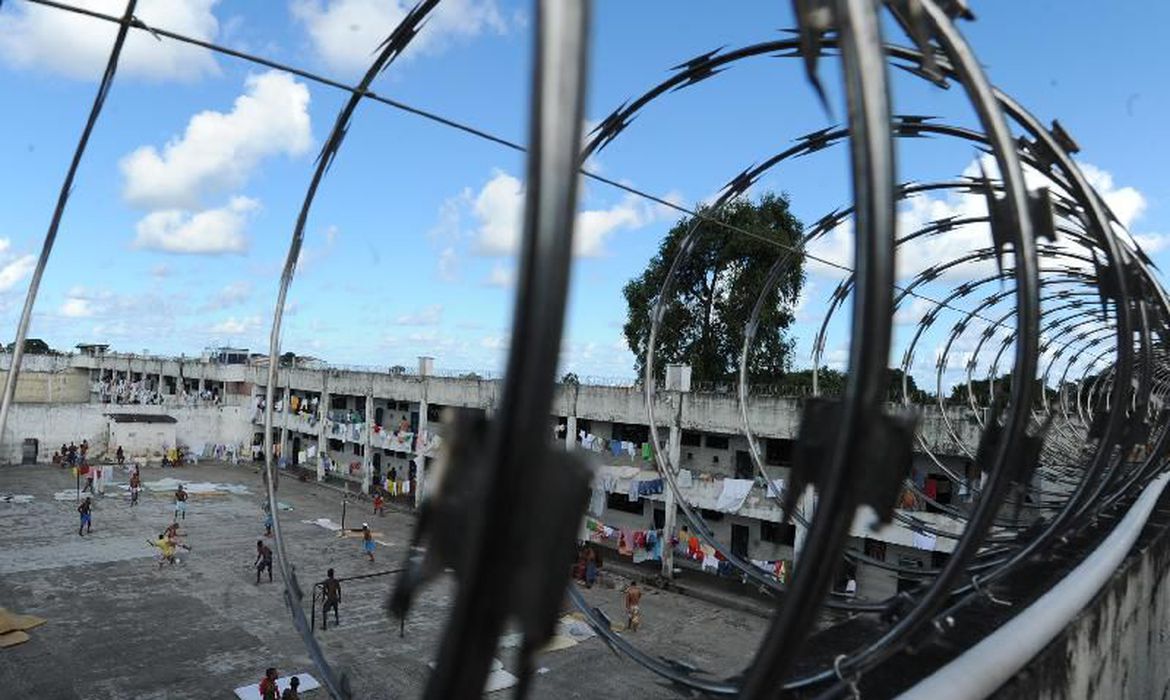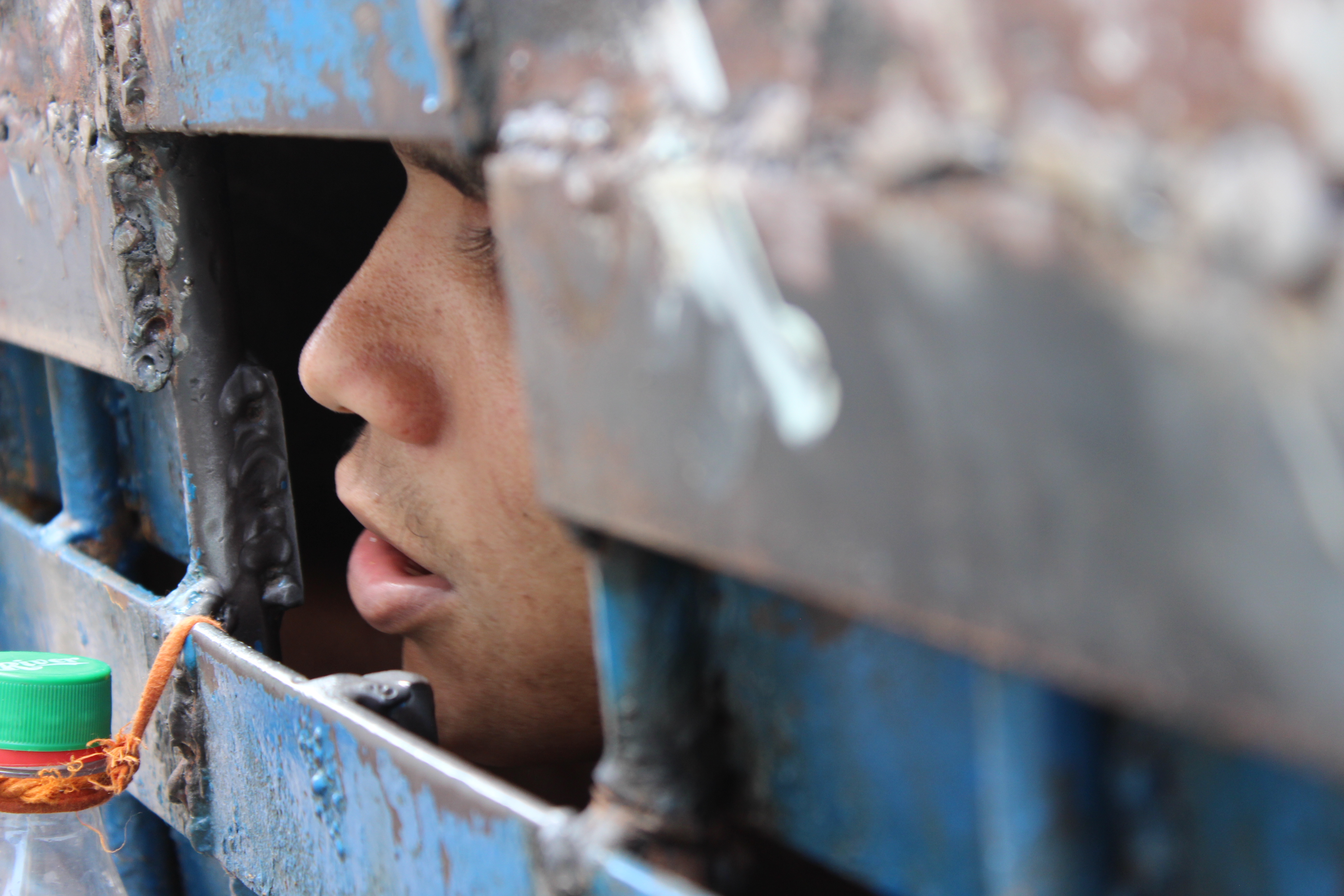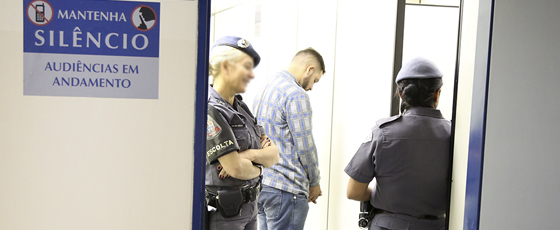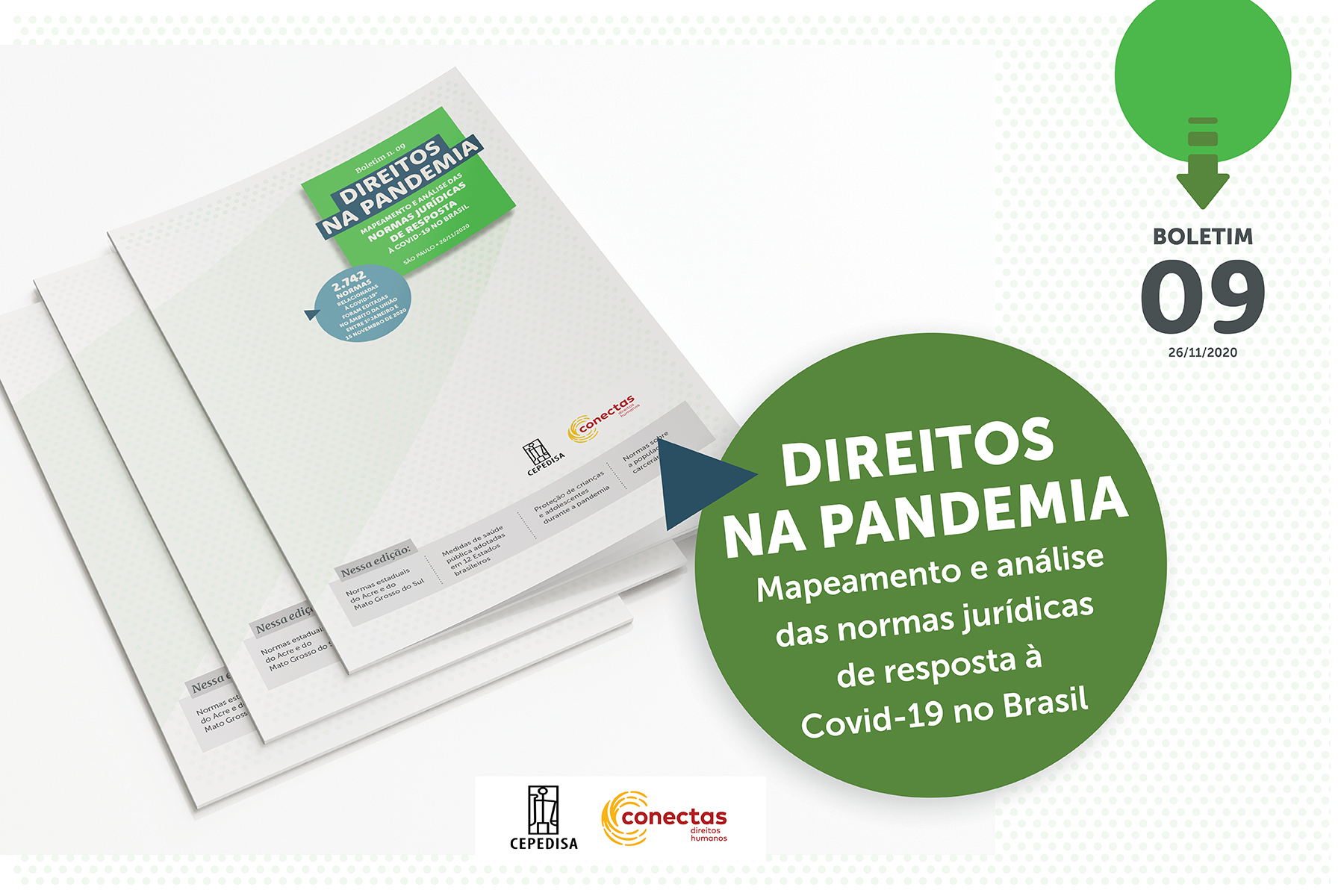Pending in the Supreme Court is ADPF Case (Allegation of Violation of a Fundamental Precept) No. 347, which could represent a turning point in the debate on incarceration in Brazil.
The case was filed in 2015 by the PSOL (Socialism and Liberty Party), inspired by a 1997 precedent from the Constitutional Court of Colombia, and calls for the recognition of an “unconstitutional state of affairs” in the prison system and for measures to halt widespread human rights violations in prisons and to protect the dignity and the right to health of incarcerated people.
According to the ruling by the Constitutional Court of Colombia, this type of declaration is appropriate in exceptional circumstances when there are serious human rights violations and, at the same time, institutional deadlocks that prevent or limit action by the branches of government.
The injunctions requested by the petitioners were judged in September 2015 and partially accepted by the Court. The ruling in this judgment recognized the existence of an “unconstitutional state of affairs” and ordered, among other things, the implementation of pre-trial custody hearings within 24 hours from the arrest and the unblocking of funds from Funpen (National Prison Fund).
In its request for amicus curiae status in the case, in 2017, Conectas listed several examples of how the most basic fundamental rights are violated in prisons. According to the organization, overcrowding is widespread, torture is frequent, conditions are unhealthy, there is no access to water or adequate food and there is no health care, educational or employment opportunities and no legal counsel.
The organization also endorsed the argument of the petitioners by demonstrating the inaction of the other branches of government in the face of the ongoing crisis in the prison system.
With regard to the Legislative branch, Conectas recalled that the actions of Congress have always been marked by a debate on populist and punitive legislation that conflicts with international laws and worsens overcrowding. On the Judiciary, the organization was scathing in its criticism of judges who do not observe the most elementary rules of Brazil’s Criminal Code and turn a blind eye to the structural problems of the prison system and the policies of mass incarceration.
Finally, Conectas listed the problems of Funpen being managed by the Executive branch, which redirected more than 30% of the funds that should have been spent on improvements to the prison system to other unrelated activities, such as public security.
In 2020, after the outbreak of the Covid-19 pandemic, the Supreme Court was called on to hear at least two other preliminary injunction requests that demanded, among other things, decarceration measures for people in the risk groups and actions to contain the spread of the virus in prisons. Both were denied.
The case was heard by a virtual session of the Court on May 28, 2021 and, in its oral statement, the coordinator of the litigation department of Conectas, the lawyer Gabriel Sampaio, said the situations described in 2015 have worsened since then, particularly with regard to black people.
He pointed out that the overrepresentation of this population group in the prison system, which has risen from an unacceptable 61% to 67%, unmistakably illustrates the use of criminal legislation as an instrument of restraint, repression and extermination of black bodies.
Sampaio also drew attention to the dismantling of the national system and the state-level mechanisms to combat and prevent torture, indicating Brazil’s failure to comply with international commitments and standards. He stressed another key aspect of ADPF-347, which is the importance of pre-trial custody hearings for reporting cases of torture and mistreatment and for limiting incarceration policies.
Finally, the lawyer drew attention to the responsibility of the Supreme Court to put a stop to institutional deadlocks that permit the maintenance of the “institutional state of affairs” and that this can be done through a national plan drafted by the DMF-CNJ (Department of Monitoring and Control of the Prison System, of the National Justice Council) and through the use of mechanisms such as numerus clausus capacity limits in prisons (wherein new offenders may only be accepted when others are released), which have already been implemented successfully the youth detention system.
Watch the first panel of the seminar “The unconstitutionality of prisons in Brazil”, which addressed the importance and impacts of ADPF-347:
Technical information
- Case: ADPF-347
- Court: Supreme Court
- Status: Judgment suspended by adjournment
- Procedure:
- 5/26/15: Initial petition
- 9/9/15: Preliminary ruling
- 11/29/17: Request for admission as amicus curiae
- 3/17/20: Request for an injunction by IDDD is submitted to the full bench of the court by Justice Marco Aurélio Mello
- 3/18/20: Request for injunction by IDDD is rejected by the full bench (rapporteur and Justice Gilmar Mendes defeated and vote of Justice Alexandre de Moraes prevails)
- 3/28/20: Request for preliminary injunction
- 5/28/21: Start of judgment in the virtual session
- 5/28/21: After the vote of Justice Marco Aurélio Mello, for the partial acceptance of the initial requests, Luís Roberto Barroso requested an adjournment



